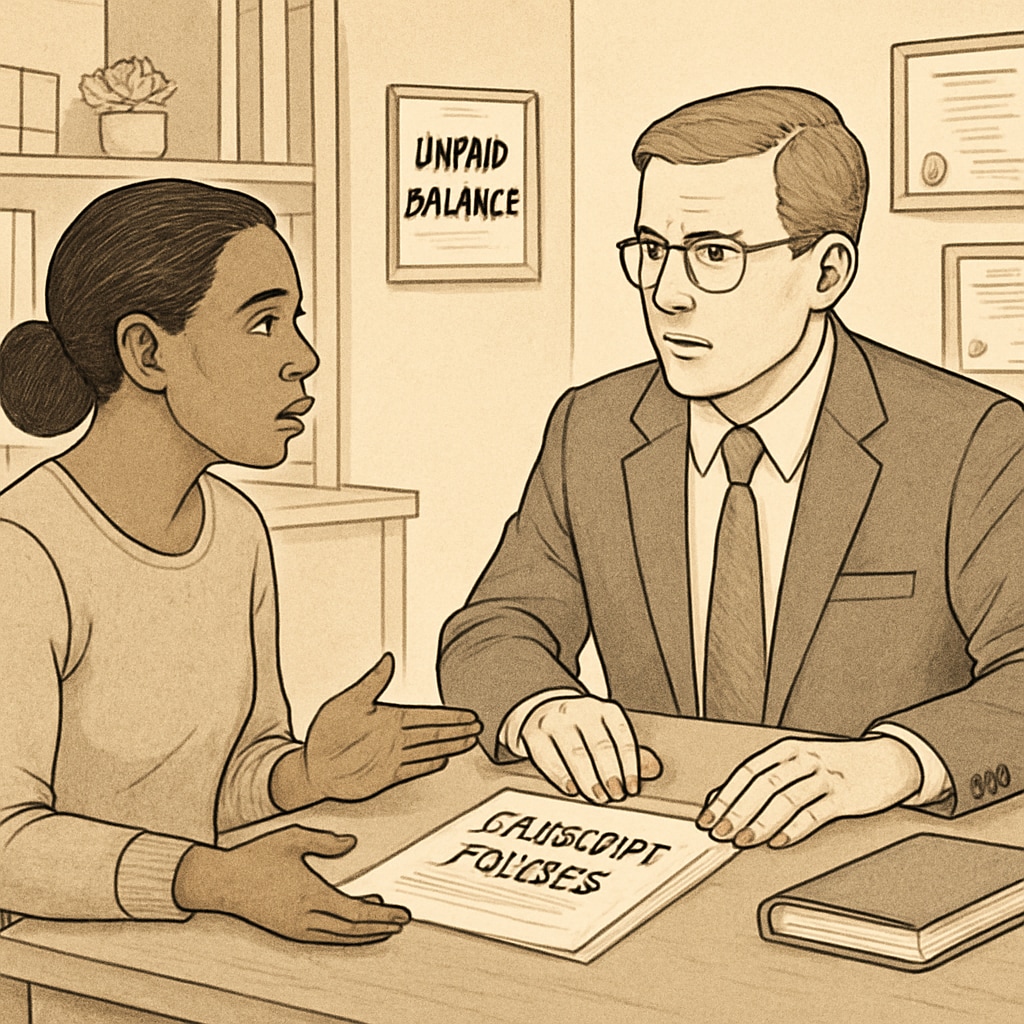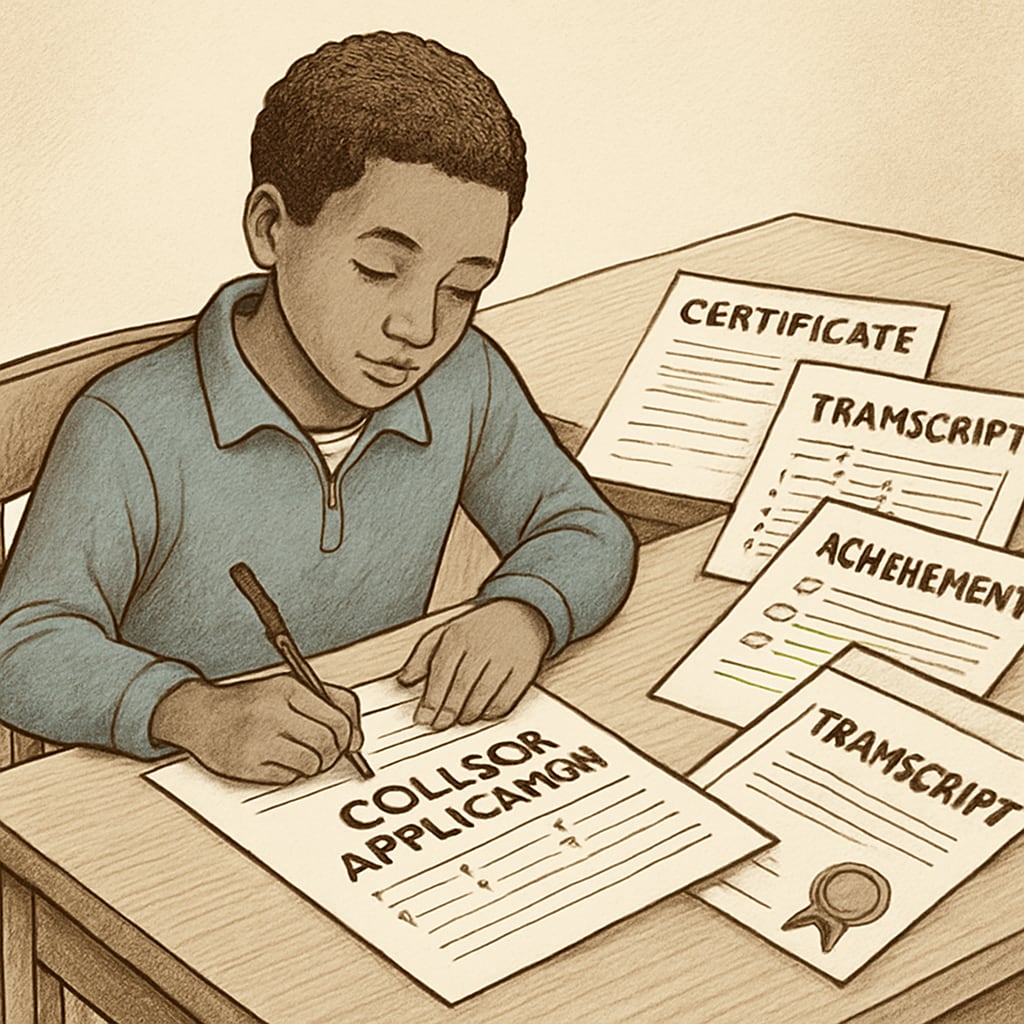In the realm of K-12 education, parents often encounter a frustrating scenario: their child’s academic transcript being withheld due to unpaid balances. This issue becomes even more pressing when these records are needed for applications to higher education or professional licensure exams. The policy of withholding transcripts raises questions about legality, ethical considerations, and practical solutions for families in financial distress.
Why Are Transcripts Withheld Due to Unpaid Balances?
Schools commonly implement policies to withhold transcripts if tuition, fees, or other charges are unpaid. The rationale behind this approach lies in financial accountability; educational institutions rely on timely payments to sustain operations. However, this practice can have unintended consequences, particularly when students need their academic records for critical milestones such as college applications or professional certifications.
While the policy may be permissible in certain jurisdictions, it is essential to understand its legal boundaries. For example, some states in the U.S. allow schools to withhold transcripts for unpaid fees, while others prohibit this practice under consumer protection laws. Parents must familiarize themselves with local regulations to determine their rights and obligations.

Legal and Ethical Considerations
Withholding transcripts can lead to significant barriers for students and families. Ethically, it raises concerns about fairness: should a student’s academic progress be hindered due to financial constraints? Legally, parents should explore whether their state or country has laws regulating transcript access. In some cases, federal laws, such as the Family Educational Rights and Privacy Act (FERPA), may provide avenues for accessing records, though not always free of charge.
Furthermore, legal precedents sometimes favor families seeking academic records for specific purposes, such as transferring schools or applying for scholarships. Parents may consider consulting an educational attorney or legal aid organization to clarify their rights.
Practical Solutions for Parents
When faced with transcript withholding due to unpaid balances, parents can take several proactive steps:
- Negotiate with the School: Contact the school administration to discuss payment plans or partial settlements. Schools may be willing to release transcripts if a feasible agreement is reached.
- Request Alternate Records: If the transcript is inaccessible, inquire whether the school can provide other records, such as report cards or progress summaries, to meet immediate needs.
- Utilize Legal Channels: Research local and federal laws regarding transcript access. If necessary, seek legal assistance to challenge unfair withholding practices.
- Explore Financial Assistance: Look into scholarships, grants, or community programs that may help cover outstanding fees.
In addition, parents should maintain clear communication with schools to ensure transparency and avoid misunderstandings. Building a cooperative relationship can often lead to mutually beneficial solutions.

Balancing Financial Responsibility and Educational Access
While schools have a legitimate interest in ensuring financial commitments are met, they also have a responsibility to support students’ educational journeys. Parents and institutions must work together to strike a balance between financial accountability and equitable access to academic records.
Ultimately, resolving transcript withholding requires a combination of legal knowledge, negotiation skills, and resourcefulness. By employing these strategies, parents can overcome financial barriers and ensure their children’s educational progress is not compromised.
Readability guidance: This article uses clear, concise language to explain legal, ethical, and practical dimensions of transcript access issues. Short paragraphs, bullet points, and transitional words enhance readability, ensuring parents can easily navigate complex information.


